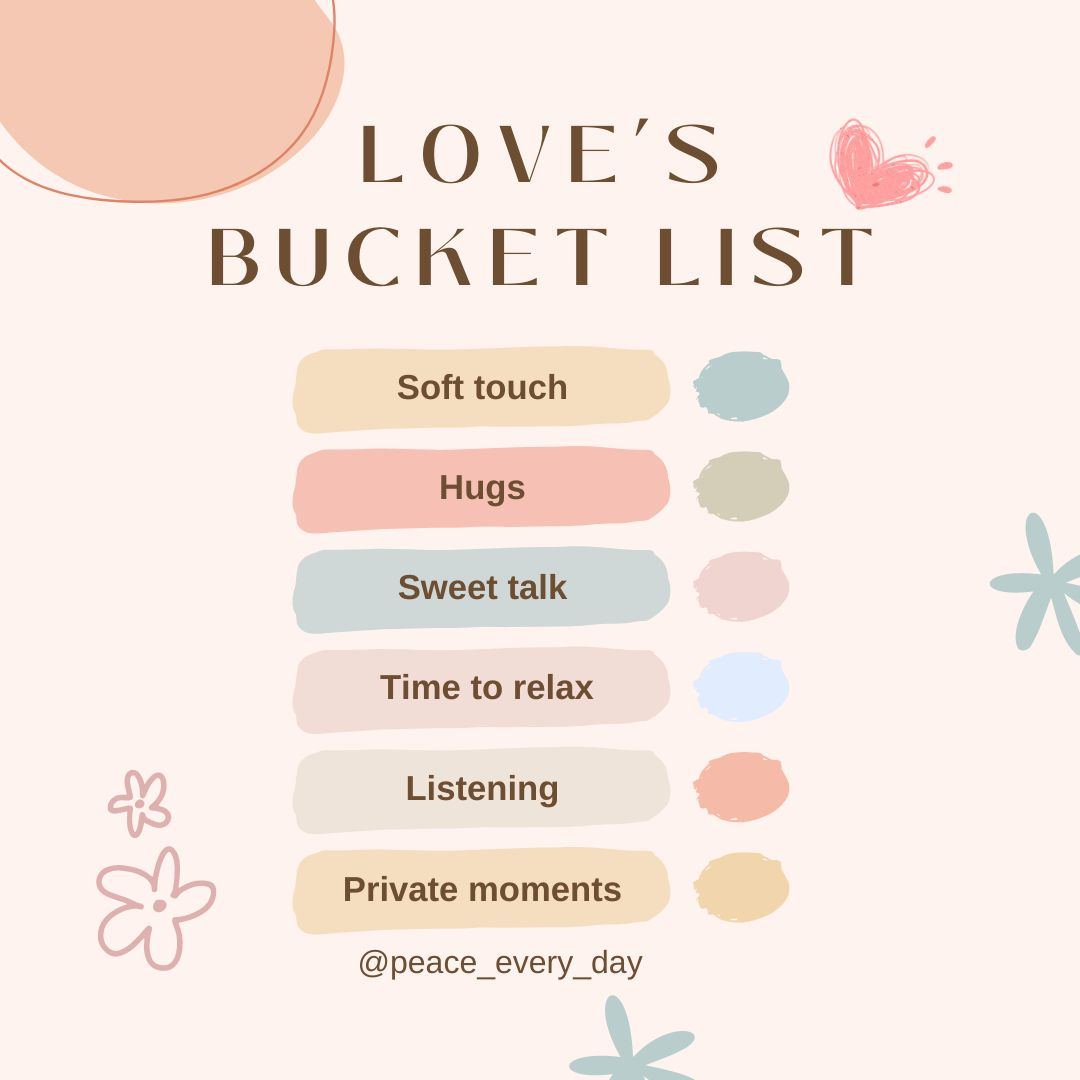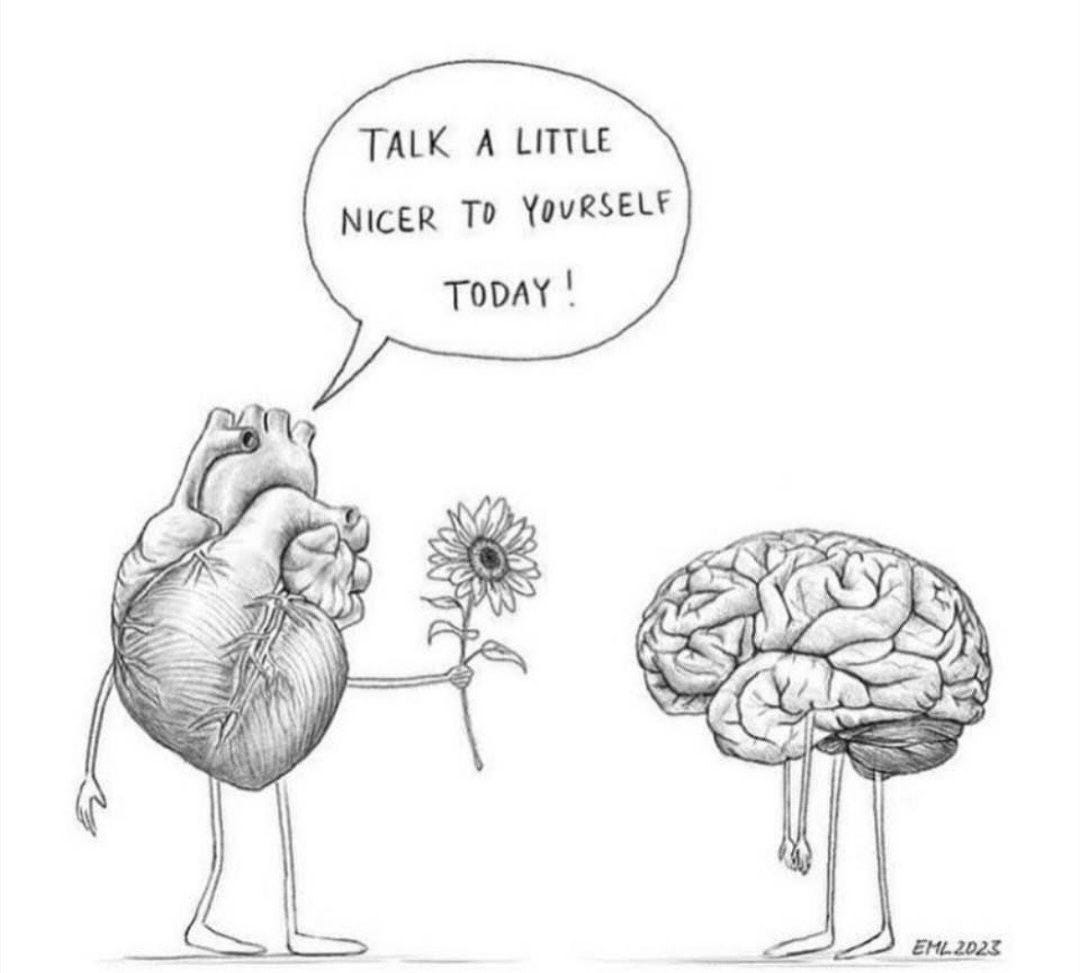Prairie Voles, Pair-bonding & Shakespeare
Is Love a Comedy of Errors? or is Love healing? or maybe it's both.
Animal studies have revealed two distinct types of mating - pair bonding for life or an extended time versus mating with a few or varied partners.
The difference was found to be based on oxytocin receptor activity in the females and vasopressin receptors in the males. In species or individuals with monogamous pair bonds a getting-to-know-you phase is needed before an increase in the feel good hormone will be produced.

An epigenetic change occurs in the pair after the getting to know you phase (just 6 hours in this study): Gene switches make prairie voles fall in love. (Cormier, 2013) These authors may be the original source of the findings. I read about it in a book.
“Prairie voles form lasting pair bonds with their mating partners after a single experience of sexual activity, and this reward-related learning depends on dopamine. A new paper reports that two dopamine receptor subtypes contribute differently to the initial formation of pair bonds and to their maintenance by the promotion of selective aggression toward alternative mates.” (Edwards and Self, 2006)
Monogamy or serial monogamy would be comfortable for those types. In the not monogamous species or individual the feel good hormone will be produced with any friendly contact – which likely doesn’t mean at random but with some chemistry between the two. Polyamory of some type might be comfortable for those types, more accepting of the natural feel good response with a variety of special friends.
We are social creatures and seek one another for support and comfort. The feel good hormones are also healing - measurably so for wound healing. (Gouin, et al., 2010)
“I to the world am like a drop of water
That in the Ocean seeks another drop,
Who, falling there to find his fellow forth,
(Unseen, inquisitive) confounds himself.”
Antipholus of Syracuse, scene ii, A Comedy of Errors, William Shakespeare
More oxytocin (or vasopressin) is better than too little. Although the feel good hormones have also been found to lead to aggression against non pair bonded individuals – the aggression of a mother protecting her cubs. The research on the difference in types of pair bonds found that the monogamous types were more likely to sabotage someone if they thought it might help someone who seemed in need of help. I would fight to protect cubs but I wouldn’t sabotage a race just to help a stranger who seemed in need of help. I’d give them better running shoes if I had the money or some other aid like that but I wouldn’t sabotage their competition for them.
Neurohormones Oxytocin, Vasopressin Explain How Empathy Leads To Aggression, Sep 26, 2014, By Shweta Iyer, (medicaldaily.com)
When we have a bad relationship with the truth then we all suffer. When we have a bad relationship with ourselves then any other relationship is likely to be difficult.
When you have oxytocin or vasopressin receptors of the less aggressive type then you might actually be happier with a person who also has oxytocin or vasopressin receptors of the less aggressive type.
Magnesium deficiency can also increase the risk of aggression and violence. Any type of physical or emotional stress will deplete our magnesium. Or alcohol or diuretic use, and other things deplete magnesium. We all can be prone to increased aggression when tired and undernourished.
Tips on relationships from a career psychic.
A woman who has a successful career as a “psychic” shares relationship tips regarding the four biggest myths that she feels Americans have about relationships and which have made a lot of money for her. We are also ready to spend money on tips about dating.
The first, and most important point she felt, was in helping hearts to recognize that love has to start first within oneself, for oneself before love for another can ever really “work.”
Sharing trade secrets?
Maybe she is hoping for some different types of questions from her callers in her own future.
Whether you believe in reading the future or not, “psychics” are likely very good at reading people.
Read more: The Four Worst American Myths about Relationships: (huffingtonpost).
Tip two - Relationships should be fairly effortless or natural - it is a myth that “relationships take work”. Bad relationships take work. Good ones will mesh and do require attention and maintenance - date nights of some sort are a good thing. Newness helps keep us falling in love with life everyday.
Tip three - Relationships require cooperation but shared values should be present with no expectation of compromising your core values for the sake of the ‘relationship’.
Tip four - Don’t settle with discomfort in a relationship because you think no one else out there would want you as you are; and/or don’t miss out on a great relationship with someone because they don’t look a certain way or fit some other expectation of what a ‘great relationship’ requires.
Other common beliefs about relationships may be wrong but we see them in romantic comedies on TV or at the movies.
What may be good for us but seems bad: A few more specific details that people may view as possibly being bad for a relationship but which actually might strengthen it are discussed in an article on businessinsider: 7 Things You Think Are Bad for Your Relationship but Aren’t.
Fighting with your partner.
Marrying someone who is equally ambitious as you.
Occasionally wanting out of the relationship.
Keeping separate finances.
Sharing a home before marriage.
Not having sex as often as you think you should/some quota goal. [*If simply tired and not interested, you/your partner may need a vacation or may need more iodine.]
Marrying someone who doesn’t check all the boxes on your list of ‘needs’. - Paraphrased, Read More: 7 Things You Think Are Bad for Your Relationship but Aren’t, businessinsider.

What is presented as good may be really bad: Romantic comedy themes may be part of the problem for the segment of the population that has watched them at some point during their formative years (most of us?). A study found the material in romantic comedies normalized stalking behavior: Romantic Comedies: When Stalking has a Happy Ending: (theatlantic)
An excerpt from the article provides a definition of “stalking“:
“According to the National Institute of Justice, “stalking is conservatively defined as ‘a course of conduct directed at a specific person that involves repeated (two or more occasions) visual or physical proximity, nonconsensual communication, or verbal, written, or implied threats, or a combination thereof, that would cause a reasonable person fear.’” (theatlantic)
We all have something in common with romantic comedies – if we are honest with ourselves.
Life is a comedy of errors. We might as well laugh than cry.
However, possessiveness and overly aggressiveness does not seem at all romantic to me at least. It seems frightening and demanding and controlling, and when it is publicly obvious attention it seems to increase jealousy or aggressiveness in some of the observers.
Humans have nonverbal instincts that can affect our daily actions, but we might rationalize some unrelated reason as the cause of our doing something. What we don’t know about ourselves might surprise us.

Disclaimer: Opinions are my own and the information is provided for educational purposes within the guidelines of fair use. While I am a Registered Dietitian this information is not intended to provide individual health guidance. Please see a health professional for individual health care purposes.
References
(Cormier, 2013) Cormier, Z. Gene switches make prairie voles fall in love. Nature (2013). https://doi.org/10.1038/nature.2013.13112 http://www.nature.com/news/gene-switches-make-prairie-voles-fall-in-love-1.13112
(Edwards and Self, 2006) Edwards, S., Self, D. Monogamy: dopamine ties the knot. Nat Neurosci 9, 7–8 (2006). https://doi.org/10.1038/nn0106-7 http://www.nature.com/neuro/journal/v9/n1/full/nn0106-7
(Gouin, et al., 2010) Gouin JP, Carter CS, Pournajafi-Nazarloo H, Glaser R, Malarkey WB, Loving TJ, Stowell J, Kiecolt-Glaser JK. Marital behavior, oxytocin, vasopressin, and wound healing. Psychoneuroendocrinology. 2010 Aug;35(7):1082-90. doi: 10.1016/j.psyneuen.2010.01.009. Epub 2010 Feb 9. PMID: 20144509; PMCID: PMC2888874. https://www.ncbi.nlm.nih.gov/pmc/articles/PMC2888874/



